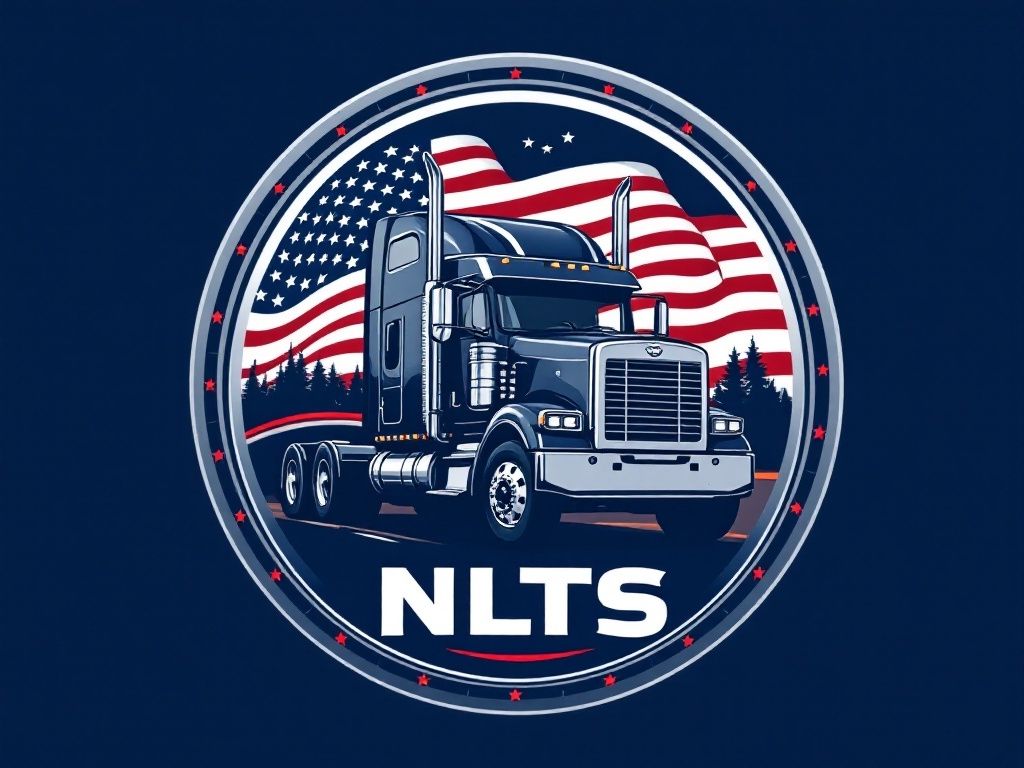Debunking Common Myths About Trucking Insurance
Understanding Trucking Insurance
Trucking insurance is a crucial component for anyone involved in the transportation and logistics industry. Despite its importance, several myths and misconceptions persist about what it covers and how it operates. This blog post aims to debunk some of these common myths, providing clarity and helping you make informed decisions.

Myth 1: All Trucking Insurance Policies Are the Same
One of the most prevalent myths is that all trucking insurance policies are identical. In reality, there are various types of coverage available, each designed to meet different needs. Options include liability insurance, cargo insurance, physical damage coverage, and more. Each policy can be customized based on the specific requirements of a trucking business.
It’s essential to work with an experienced insurance provider who can tailor a policy to fit your business's unique needs rather than opting for a one-size-fits-all solution.
Myth 2: Trucking Insurance Is Too Expensive
While trucking insurance can be a significant expense, it's a myth that it’s prohibitively expensive for all businesses. Factors such as the type of cargo, routes traveled, and the driver's experience can influence rates. Many insurance providers offer flexible payment plans and discounts for safe driving records or bundling policies.

It's important to shop around and compare quotes from different insurers to find a policy that provides adequate coverage at a competitive price.
Myth 3: Personal Auto Insurance Covers Trucks
Another common misconception is that personal auto insurance will cover trucks used for commercial purposes. This is not true. Personal auto insurance policies are not designed to cover the unique risks associated with commercial trucking operations. In fact, using a personal policy for a commercial truck can lead to denied claims and policy cancellation.
Commercial truck insurance is crafted specifically to address the liabilities and risks of transporting goods or passengers, ensuring comprehensive protection.

Myth 4: Older Trucks Don’t Need Insurance
Some believe that older trucks do not require insurance or need less coverage. Regardless of a truck's age, if it’s on the road, it must be insured. Older vehicles might still have significant value or liabilities in the event of an accident. Moreover, many states mandate certain minimum insurance coverages for all commercial vehicles.
Ensuring that even older trucks have adequate insurance coverage is vital for protecting your business from financial loss.
Myth 5: Claims Are Always Denied
A common fear among trucking business owners is that their claims will be denied. While no insurance claim is guaranteed to be approved, most insurers are committed to handling claims fairly and promptly. Denials typically occur due to insufficient documentation or lack of coverage rather than insurer bias.
Ensuring accurate documentation and understanding your policy’s terms can significantly increase the likelihood of a successful claim.

Conclusion: Educate Yourself About Trucking Insurance
Understanding the realities of trucking insurance is essential for making informed business decisions. By debunking these myths, we hope to provide clarity and confidence when selecting the right coverage for your needs. Remember, partnering with a knowledgeable insurance provider can help tailor a policy that offers comprehensive protection tailored to your business's specific needs.
Ultimately, staying informed and proactive will ensure your trucking operations are safeguarded against unforeseen events while maximizing your investment in insurance coverage.
